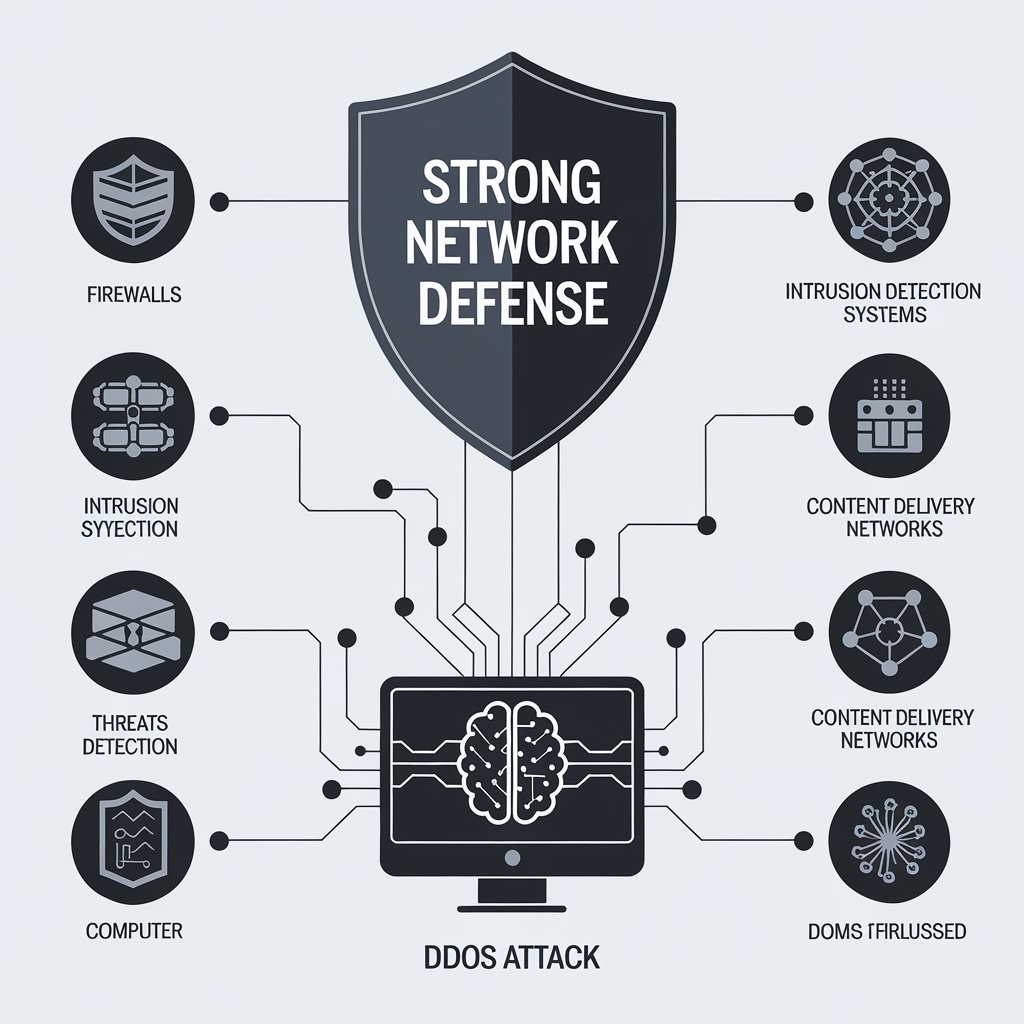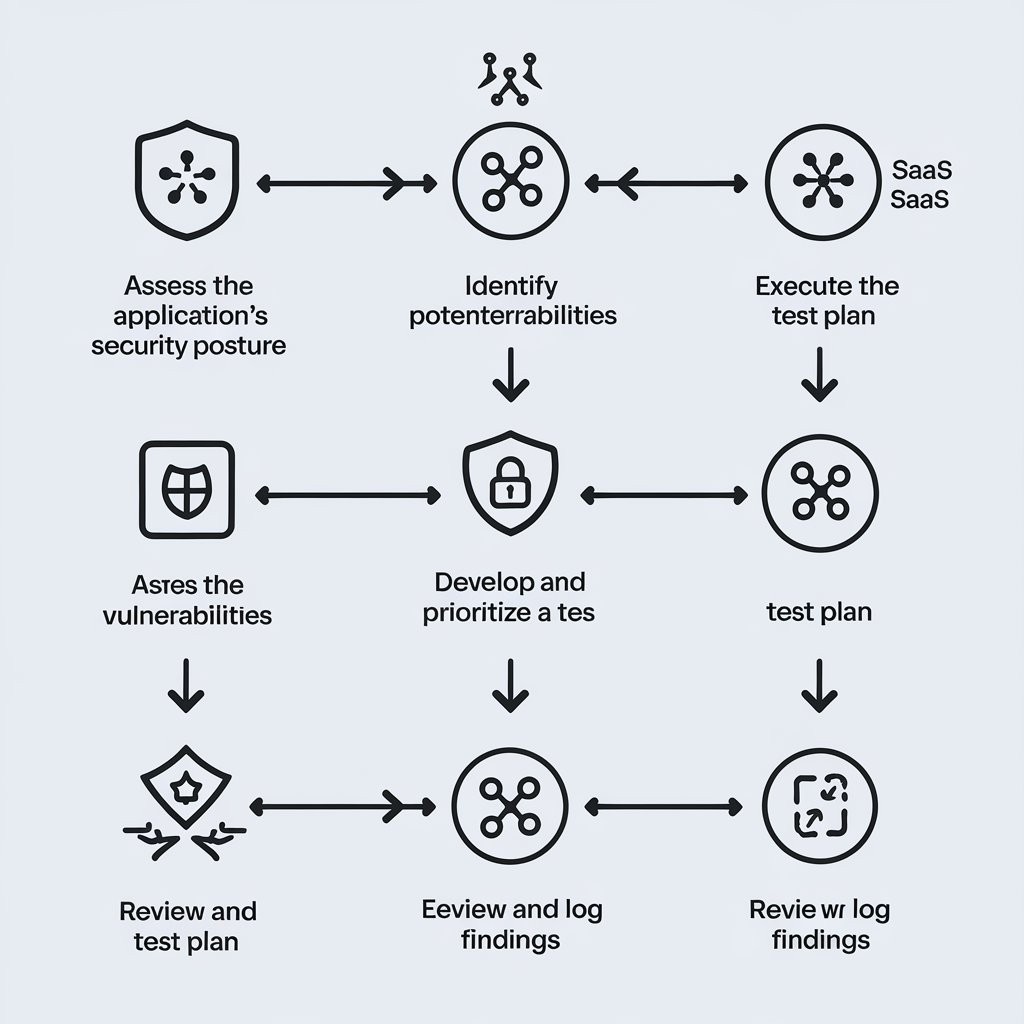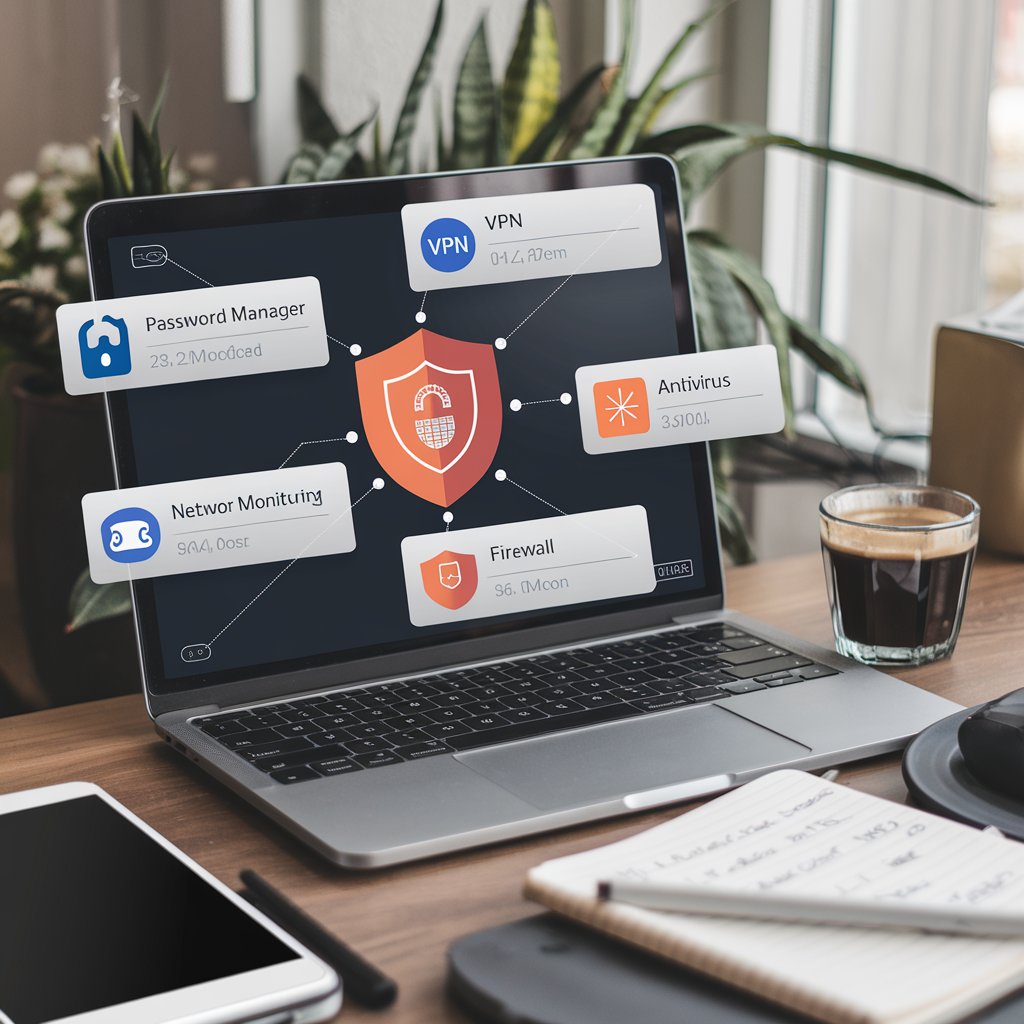The Importance of Regular Cybersecurity Audits
News & Insights
10 Min Read
The Importance of Regular Cybersecurity Audits In today’s increasingly digital world, cybersecurity is no longer just an IT concern—it’s a business imperative. With cyber threats becoming more sophisticated and frequent, organizations must continuously monitor and improve their security posture. One of the most effective ways to ensure that your business is adequately protected from cyber risks is through regular cybersecurity audits. Cybersecurity audits help businesses assess their current security measures, identify vulnerabilities, and ensure that they are in compliance with industry regulations. In this article, we’ll explore the importance of regular cybersecurity audits and how they can protect your business from cyber threats.
1. Identifying Vulnerabilities and Weaknesses
Cybersecurity threats are constantly evolving, and attackers are always looking for new ways to exploit vulnerabilities in systems. Regular cybersecurity audits help identify gaps in your organization’s security framework and pinpoint potential weaknesses before attackers can exploit them.
How It Helps: An audit thoroughly reviews all aspects of your organization’s IT infrastructure, applications, and policies to identify vulnerabilities, misconfigurations, and outdated software that could pose a threat.
Impact: Identifying and fixing vulnerabilities proactively can significantly reduce the risk of a cyber attack, minimizing the chance of a breach or data loss.
2. Ensuring Compliance with Industry Regulations
Many industries, such as healthcare, finance, and retail, are subject to strict cybersecurity regulations to protect sensitive data and ensure privacy. Failure to comply with these regulations can result in hefty fines, legal action, and reputational damage.
How It Helps: A cybersecurity audit evaluates whether your organization is meeting the required standards for data protection, privacy, and cybersecurity. This includes frameworks like GDPR, HIPAA, PCI-DSS, and others.
Impact: By ensuring compliance, your business avoids legal and financial penalties and demonstrates to stakeholders, customers, and partners that you are committed to safeguarding sensitive information.
3. Improving Incident Response Preparedness
Even with the best security measures in place, no system is completely immune to cyber attacks. Regular cybersecurity audits can help evaluate your incident response plan and ensure that your business is prepared for the worst-case scenario.
How It Helps: Auditors can assess how well your organization responds to security incidents, identifying any gaps in your procedures for detecting, reporting, and mitigating attacks.
Impact: A well-prepared incident response plan ensures that your organization can respond swiftly and effectively to minimize damage in the event of a breach or other cybersecurity incident.
4. Protecting Your Brand’s Reputation
Cybersecurity is a critical factor in maintaining customer trust. A successful cyber attack or data breach can significantly damage your brand’s reputation, causing customers to lose faith in your ability to protect their information. Regular cybersecurity audits help ensure that your systems are secure, reducing the likelihood of an attack that could harm your reputation.
How It Helps: An audit helps identify potential risks that could lead to breaches, ensuring that the necessary protections are in place to prevent unauthorized access or data leaks.
Impact: By proactively securing your systems, you safeguard your brand’s reputation, which is essential for retaining customers and attracting new business.
5. Enhancing Employee Security Awareness
Human error remains one of the leading causes of cybersecurity breaches. Employees may inadvertently click on phishing emails, use weak passwords, or engage in other risky behaviors that expose the organization to cyber threats. Regular cybersecurity audits not only assess your technical defenses but also evaluate your employee training and awareness programs.
How It Helps: Audits can assess the effectiveness of employee training on topics like phishing awareness, password security, and safe browsing practices. They can also identify areas where additional training may be needed.
Impact: By ensuring employees understand and follow security best practices, you reduce the likelihood of security breaches caused by human error.
6. Staying Ahead of Emerging Threats
Cyber threats are constantly evolving, with new attack methods emerging regularly. Regular cybersecurity audits help businesses stay ahead of these emerging threats by continuously evaluating and updating security measures.
How It Helps: Auditors evaluate the current threat landscape, identifying potential risks and ensuring that your defenses are up to date with the latest cybersecurity trends and technologies.
Impact: By staying ahead of emerging threats, you improve your organization’s ability to detect, respond to, and mitigate new types of cyber attacks, ensuring ongoing protection.
7. Providing a Roadmap for Continuous Improvement
A cybersecurity audit provides a comprehensive evaluation of your organization’s current security posture and helps outline the necessary steps to improve your defenses. This roadmap for improvement is essential for businesses that want to stay resilient against cyber threats.
How It Helps: Auditors provide recommendations for improving security practices, policies, and technologies, helping businesses strengthen their defenses and enhance their cybersecurity framework.
Impact: A clear action plan for improvement helps businesses continually evolve their security practices, making them more resilient to future threats.
8. Minimizing the Financial Impact of Cyber Incidents
Cyber incidents, including data breaches, ransomware attacks, and system compromises, can result in significant financial losses, including fines, legal fees, lost revenue, and remediation costs. Regular cybersecurity audits help reduce the risk of these incidents by identifying vulnerabilities early and recommending solutions to mitigate them.
How It Helps: Auditors assess potential financial risks associated with cyber threats and help prioritize security investments that will have the greatest impact on reducing those risks.
Impact: By investing in proactive cybersecurity measures based on audit findings, businesses can minimize the financial impact of cyber incidents and avoid costly damage control.
9. Boosting Client and Investor Confidence
Clients and investors are increasingly aware of the importance of cybersecurity. A robust cybersecurity audit demonstrates to your clients, stakeholders, and investors that your business is serious about protecting sensitive data and minimizing cyber risks.
How It Helps: Regular audits provide external validation of your security measures, helping you build trust with clients and investors.
Impact: A strong cybersecurity posture not only helps retain clients but also attracts potential investors who value security and risk mitigation. audit3aa
Join our newsletter list
Sign up to get the most recent blog articles in your email every week.








